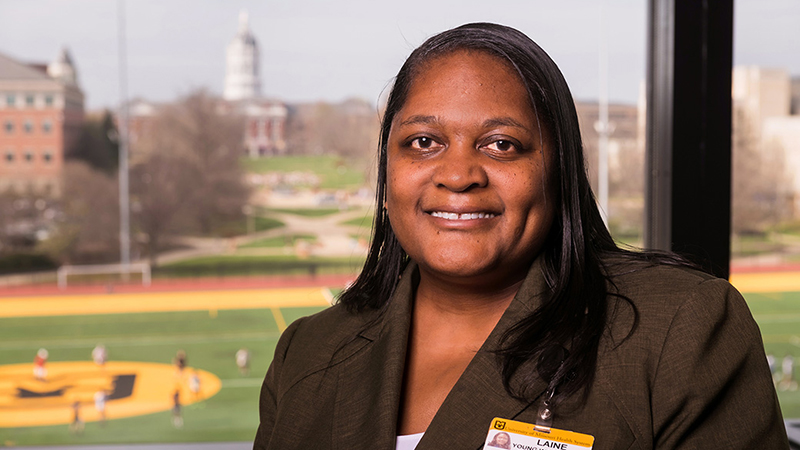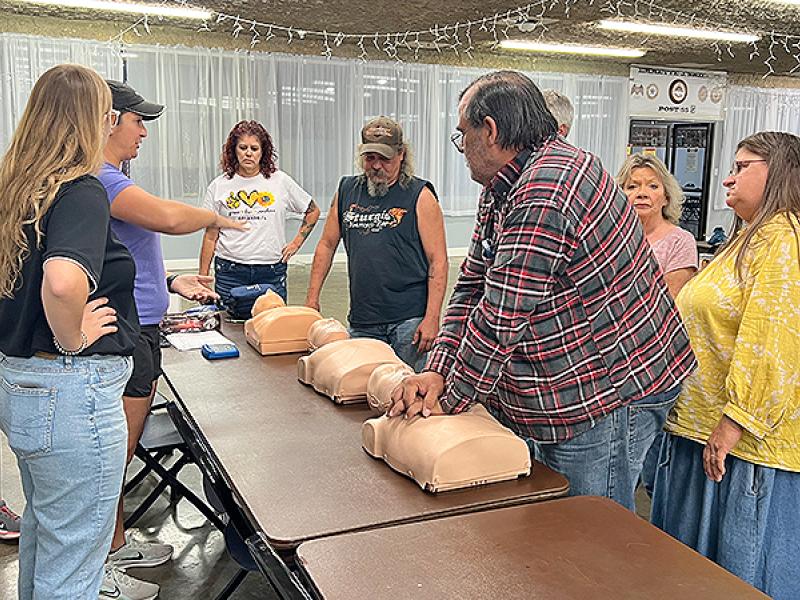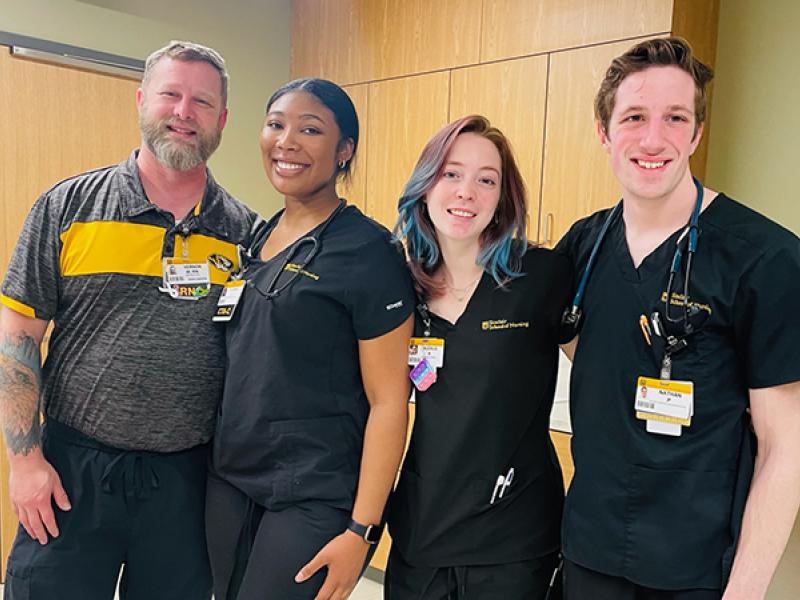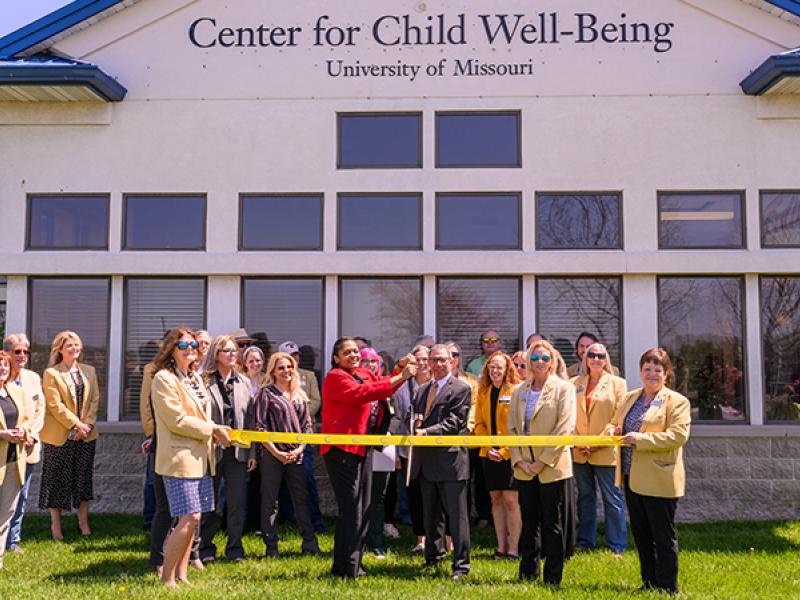
When Claudia Preuschoff, MD, a pediatrician in Poplar Bluff, Missouri, began her career in the mid-1980s, she had received “zero, zip, no behavioral health or psychiatric training.” But the reality of her job is she cares for kids with mental health issues every day. Preuschoff said in the last two years she has seen so many patients with anxiety and depression that she’s written more prescriptions for behavioral health medications than she has for antibiotics or cold medicine.
For Preuschoff and more than 500 other primary care clinicians across the state, the Missouri Child Psychiatry Access Project (MO-CPAP) — a program based at the University of Missouri School of Medicine — is a way to expand their knowledge of behavioral health and help their patients get the care they need quickly. MO-CPAP has a child psychiatrist available for same-day telephone consultations when clinicians need advice.
“I feel really comfortable treating general anxiety and depression in adolescents, but with younger kids, I tend to ask for help more,” said Preuschoff, who calls MO-CPAP about once a month. “In those patients who have failed maybe one or two medication regimens who are clearly not improving, those are some of the kids for whom I get consultations.”
Laine Young-Walker, MD ‘97, the chair of the Department of Psychiatry, is the force behind MO-CPAP and four other local, regional and statewide child psychiatry outreach projects that try to address the same big problem from different angles.
“There are not enough child psychiatrists to meet the needs of those who have depression and anxiety and other mental health issues,” Young-Walker said. “We can’t just train more because we don’t have enough psychiatry slots in residencies to meet the need. So there has to be a lot of ways you go at it.”
MO-CPAP, which is funded by the federal Health Resources and Services Administration, is one of those ways. Young-Walker started it in 2018 after learning about a similar program in Massachusetts. It began serving eight counties in the St. Louis area, expanded to eight more counties in mid-Missouri the next year and went statewide in November 2020. The expansion allowed doctors in rural Missouri — where access to specialists and resources for families are often scarce — to better serve their young patients.
“One in four children are struggling with a mental health disorder,” said Wendy Ell, the executive director of MO-CPAP. “There are about 11 child psychiatrists per 100,000 children. What would be considered adequate is 47 per 100,000 children. Many children who need to see a psychiatrist will never see one. So if they have a mild to moderate mental health condition, it can be managed in a primary care setting with support from a psychiatrist from our program.”
Primary care clinicians who enroll in the free program have access to these services:
- Consultation: MO-CPAP employs four child psychiatrists. One is on duty from 10 a.m. to 6 p.m. each weekday and available to accept scheduled calls from clinicians or to respond to unscheduled calls within 30 minutes. The consultations can include help diagnosing an illness or managing medication.
- Linkage and referral: Clinicians whose patients need extra help, such as therapy, will receive assistance connecting their patients to community-based mental health care and other resources.
- Education and training: Online educational videos help clinicians build their knowledge in identifying, assessing and treating mild to moderate behavioral health issues.
- Care coordination: MO-CPAP employs two support coordinators who follow up with the patients’ parents to make sure they are getting the help they need and don’t have unanswered questions.
The program has been a great resource for Preuschoff. One recent example was the case of a young adult she has been seeing since he was a child. He is on the autism spectrum and was struggling with the transition from high school to working with a job coach.
“He has a heart of gold but clearly was having a difficult time controlling his emotions and lashing out physically,” Preuschoff said. “I called and had a couple of consultations — one before Thanksgiving and one in February — to get some help in terms of behavior management and medication management. He came to see me in late March, and in the previous month had zero outbursts. He, himself, realizes he feels much calmer. That was because of some of the assistance I got from psychiatrists at MO-CPAP.”





